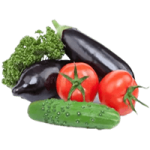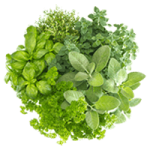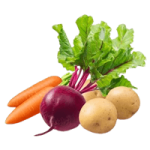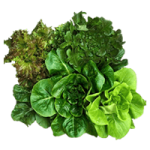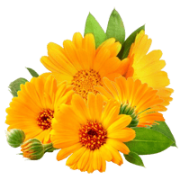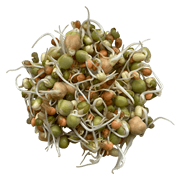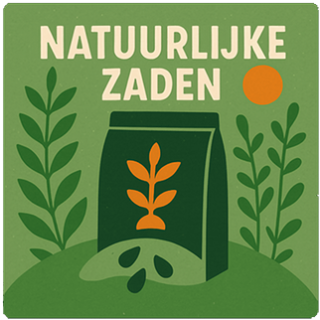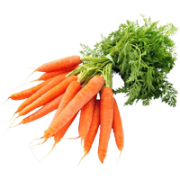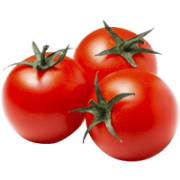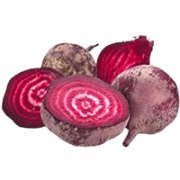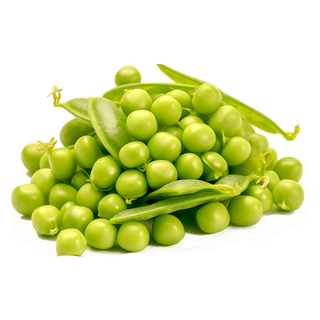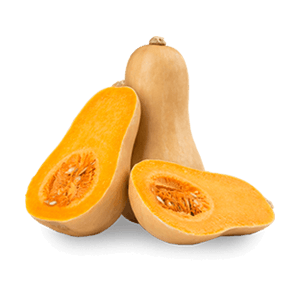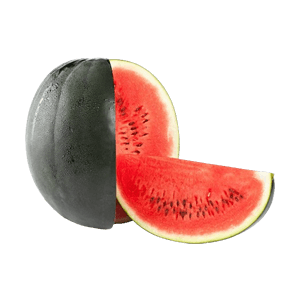Als je zaad beheerst, beheers je het leven op aarde
Gaia Seeds wil een bijdragen leveren aan het verspreiden van zaadvaste zaden. We claimen (hopelijk met u) de zaden terug, zodat deze weer gemeengoed worden voor onszelf en volgende generaties. Voor een groter bereik houden we de prijzen van het zaad laag omdat we het doel belangrijker vinden dan winstbejag.
Natuurlijke zaden
Natuurlijke zaden, omhuld door het magische aura van duurzaamheid en verbondenheid met de natuur, belichamen een holistische benadering van landbouw waarbij de cycli van de natuur worden omarmd.
Deze vorm van landbouw voldoet aan strikte ecologische en ethische normen. Het gaat verder dan biologische landbouw en omvat een symbiotische dans met de kosmos. Natuurlijke boeren houden rekening met maanfasen, planetenstanden en ritmes van de natuur.
Deze zaden zijn niet alleen dragers van leven, maar ook bewakers van biodiversiteit. Ze beloven een gezonde oogst, doordat ze gedijen in harmonie met de omgeving. Elke zaadkorrel is een schakel in een duurzame keten, waar respect voor de aarde en haar bewoners centraal staat.
Natuurlijke landbouw
Door natuurlijke zaden te koesteren, nemen boeren de rol aan van rentmeesters van de aarde. Ze zetten zich in om de bodem te verrijken, de watercyclus te respecteren en ecosystemen te herstellen. Het is een belofte aan toekomstige generaties, een engagement om de planeet gezonder achter te laten.
In een wereld waar landbouw vaak wordt gedomineerd door massaproductie, bieden natuurlijke zaden een alternatief. Ze dagen de status quo uit en nodigen uit tot een dieper begrip van onze relatie met de natuur. Deze aanpak herdefinieert landbouw als een harmonieus samenspel tussen mens en natuur.
Dus, wanneer je natuurlijke zaden tegenkomt, beschouw ze dan als zaadjes van verandering. Ze vertellen een verhaal van duurzaamheid, van liefdevolle zorg voor Moeder Aarde, en ze nodigen ons uit om deel te nemen aan deze prachtige dans van het leven.
Zaden drogen
Het drogen en zaaien van zaden is een essentieel proces voor tuiniers en plantenliefhebbers. Zaden moeten zorgvuldig worden gedroogd voordat ze worden gezaaid om een optimale kiemkracht te garanderen.
Bij het drogen van zaden is het belangrijk om ze op een koele, droge plaats te bewaren. Leg de zaden op een schone, goed geventileerde plek en vermijd direct zonlicht. Door ze regelmatig te keren, zorg je ervoor dat ze gelijkmatig drogen. Let op dat de zaden volledig droog zijn voordat je ze opslaat, om schimmelvorming te voorkomen.
Het zaaien van zaden vereist aandacht voor detail. Kies eerst de juiste grondsoort en zaai in geschikte bakjes of rechtstreeks in de grond, afhankelijk van de plantensoort. Maak kleine kuiltjes en plaats de zaden op de juiste diepte. Bedek ze met een dunne laag aarde en geef voorzichtig water.
Houd de omgevingstemperatuur en vochtigheid in de gaten, want deze factoren beïnvloeden de kiemkracht. Sommige zaden vereisen specifieke omstandigheden, zoals koude stratificatie of warmte, dus lees de instructies op de zaadverpakking zorgvuldig.
Het drogen en zaaien
Geduld is cruciaal tijdens het kiemproces. Zaden hebben tijd nodig om te ontkiemen en uit te groeien tot gezonde planten. Blijf de zaailingen verzorgen door ze voldoende water en licht te geven. Zodra ze voldoende zijn gegroeid, kunnen ze worden overgeplant naar hun definitieve plek in de tuin.
Het drogen en zaaien van zaden is niet alleen een praktische stap in tuinieren, maar ook een fascinerend proces van hoop en vernieuwing. Het begint met de bescheiden zaden, die met zorg worden behandeld, in de hoop dat ze zullen uitgroeien tot prachtige planten die de tuin verrijken.

